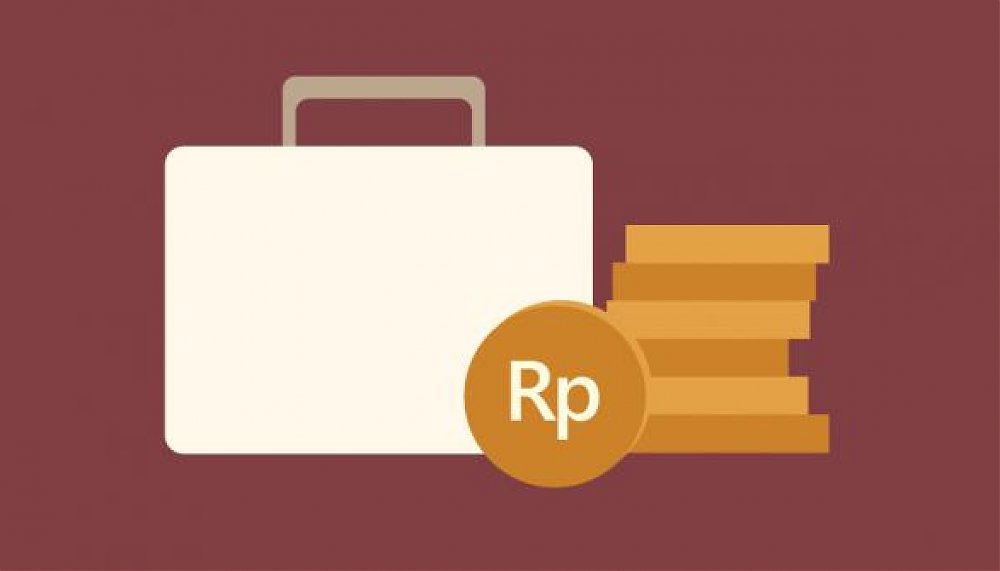The Center for Financial Transaction Reports and Analysis (Pusat Pelaporan Transaksi Keuangan or PPATK) announced 11 provinces with a high risk of campaign funds as a means of money laundering offences (8/8). These 11 provinces are DKI Jakarta, East Java, West Java, Central Java, South Sulawesi, North Sumatra, West Sumatra, South Sumatra, Papua, Bali, and Bengkulu.
“There are eleven provinces have the highest average risk of campaign funds being used as a means of money laundering mixed with illegally obtained funds. This means there is indeed the potential for proceeds of criminal activities to be used as expenses for political contests," said the Head of PPATK, Ivan Yustiavandana, during the Sentra Gakkumdu discussion forum broadcast on the Coordinating Minister for Political, Legal, and Security Affairs' YouTube channel (8/8)
Previously, PPATK mentioned the existence of a 1 trillion transaction flowing to political parties to finance the 2024 Elections. This money originated from environmental crime offenses.
This has drawn the attention of civil society and academics. Titi Anggraini, a lecturer at the Faculty of Law, University of Indonesia, stated that PPATK's findings should be scrutinized by the Election Supervisory Body (Bawaslu) and the Corruption Eradication Commission (KPK). Election participants are prohibited from receiving campaign funds from illegal sources and State/Regional-Owned Enterprises (Badan Usaha Milik Negara/Daerah or BUMN/D).
“Election participants must not accept funds from criminal sources, whether it's environmental crime, drugs, gambling, or money laundering. Now, when that money enters the hands of policymakers, what do they expect in return? There's certainly reciprocity. What kind of reciprocity can be applied? The formulation of policies, budgeting, and licensing that can be issued for detrimental interests," emphasized Titi during the discussion "Overseeing Campaign Funds for Presidential Candidates in the 2024 Elections! What Needs to Be Examined?" on Kompas TV's YouTube channel (9/12)."
Taking action through election regulations is not enough
Member of Commission II of the House of Representatives (DPR) of Indonesia from the Golkar Party faction, Ahmad Doli Kurnia Tandjung, stated that Election Law No. 7/2017 does not address the issue of enforcing regulations against illegal money flows in election campaign funds. He hopes that the General Election Commission (KPU) can translate the rules in the Election Law into technical regulations and encourage civil society to continue monitoring.
“Well, our current rules are not complete. We hope that the General Elections Commission (KPU) can interpret the existing law, and also that civil society continues to monitor and voice these issues. If everything keeps saying don’t, it can become confusing for those participating in this competition," Doli expressed in the same discussion with Titi.
Meanwhile, Titi recommends that the tracing of PPATK's findings and campaign fund accountability in the elections involve both PPATK and the Corruption Eradication Commission (KPK). Bawaslu does not have the instruments to trace money flows.
“There are spaces that cannot solely rely on the electoral legal framework because the Election Law is very limited. Bawaslu cannot trace the flow of corrupt funds. What can be done is to examine compliance and whether the expenditures are in line with the law. Even that is an administrative approach. To discover whether there are illegal flows, that is a domain where PPATK can play a role," explained Titi.
She also advocates for the enforcement of laws against illegal money in elections using the Money Laundering Law. In Indonesian elections, there are often allegations of foreign money entering.
"We can expand using the existing legal instruments because this is a high-level crime. Election manipulation can also occur in a modern way, involving money games like money laundering, as well as illegal funds coming not only from within the country but also from abroad," Titi expressed.
Doli and Titi requested that the General Election Commission (KPU) commit to opening all campaign fund reports submitted by election participants. Transparency in campaign fund reports serves two purposes: first, to open up public oversight of campaign funds, and second, to serve as a consideration for voters in making their choices.
Based on KPU Regulation concerning Campaign Fund Regulation, there are three types of campaign fund reports that election participants are required to submit. First, the Initial Campaign Fund Report (Laporan Awal Dana Kampanye or LADK), which must be submitted by election participants 5 days before the campaign period begins. Second, the Campaign Fund Donation Report (Laporan Sumbangan Dana Kampanye or LPSDK), submitted during the campaign phase. Third, the Campaign Fund Receipts and Expenditures Report (Laporan Penerimaan dan Pengeluaran Dana Kampanye or LPPDK), submitted no later than 15 days after the polling day. []
AMALIA SALABI
Translated by Catherine Natalia











